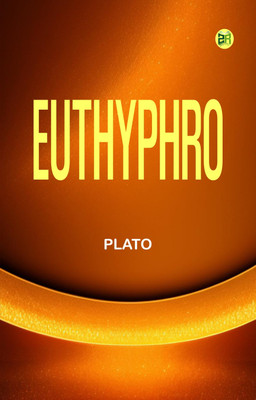Euthyphro(Paperback, Plato)
Quick Overview
Product Price Comparison
Euthyphro is a dialogue by Plato that takes place outside the court of Athens, where Socrates encounters Euthyphro, a religious expert. Euthyphro is prosecuting his father for the murder of a servant, and Socrates is struck by his confidence in doing what he believes to be the morally right action. The dialogue is centered on the concept of piety and the question of what it means to be pious or virtuous in the eyes of the gods.Through a series of questions, Socrates challenges Euthyphro to define piety and its relationship to the will of the gods. Euthyphro initially suggests that piety is what is loved by the gods, but Socrates points out a potential contradiction in this view, asking whether something is pious because the gods love it, or if the gods love it because it is inherently pious. This leads to a deeper philosophical inquiry about the nature of morality and the divine, culminating in the realization that Euthyphro cannot provide a satisfactory definition of piety. The dialogue concludes with Euthyphro leaving Socrates without resolving the central question, highlighting the difficulty of understanding true virtue and the moral implications of divine approval.


